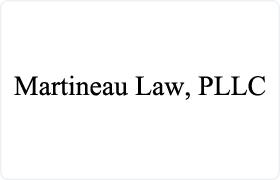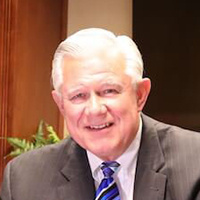Phoenix Estate Lawyer, Arizona, page 2
Sponsored Law Firm
-
 x
x

Click For More Info:
-
Martineau Law, PLLC
4445 E Holmes Ave Suite 106 Mesa, AZ 85206» view mapAccident & Injury, Estate, Nursing Home, Immigration Proudly Serving Maricopa County
Joseph Martineau has a track record of successful cases.
800-935-4021
William Scott Lawler
✓ VERIFIEDMr. Lawler has over thirty (30) years of experience in representing business clients in formation, organization, corporate governance, corporate finan... (more)
Andre L. Pennington
✓ VERIFIEDAndre Pennington is an accomplished Arizona, federal and military attorney that concentrates his practice on estate planning, wills, trusts, probate a... (more)
Joseph Stanley Martineau
✓ VERIFIEDJoseph Martineau is a practicing lawyer in the state of Arizona. Attorney Martineau received his J.D. from the Brigham Young University, J. Reuben Cla... (more)
Robert J. Weber
✓ VERIFIEDWhen I headed off to college in 1962, I had every intention of completing my four years and then becoming a teacher. But it seems life had a very diff... (more)
Mark Atchley
✓ VERIFIEDWhile attempting to keep to a budget and redistribute debt payment in order to keep your family fed or run your business, bills will continue to pile ... (more)
Florence Bruemmer
✓ VERIFIEDFlorence M. Bruemmer is a licensed attorney in the following jurisdictions: State of Arizona, United States District Court of Arizona, Ninth Circuit C... (more)
Peter H Westby
FREE CONSULTATION
CONTACT Joseph Martineau Mesa, AZ
Joseph Martineau Mesa, AZ Practice AreasExpertise
Practice AreasExpertise






